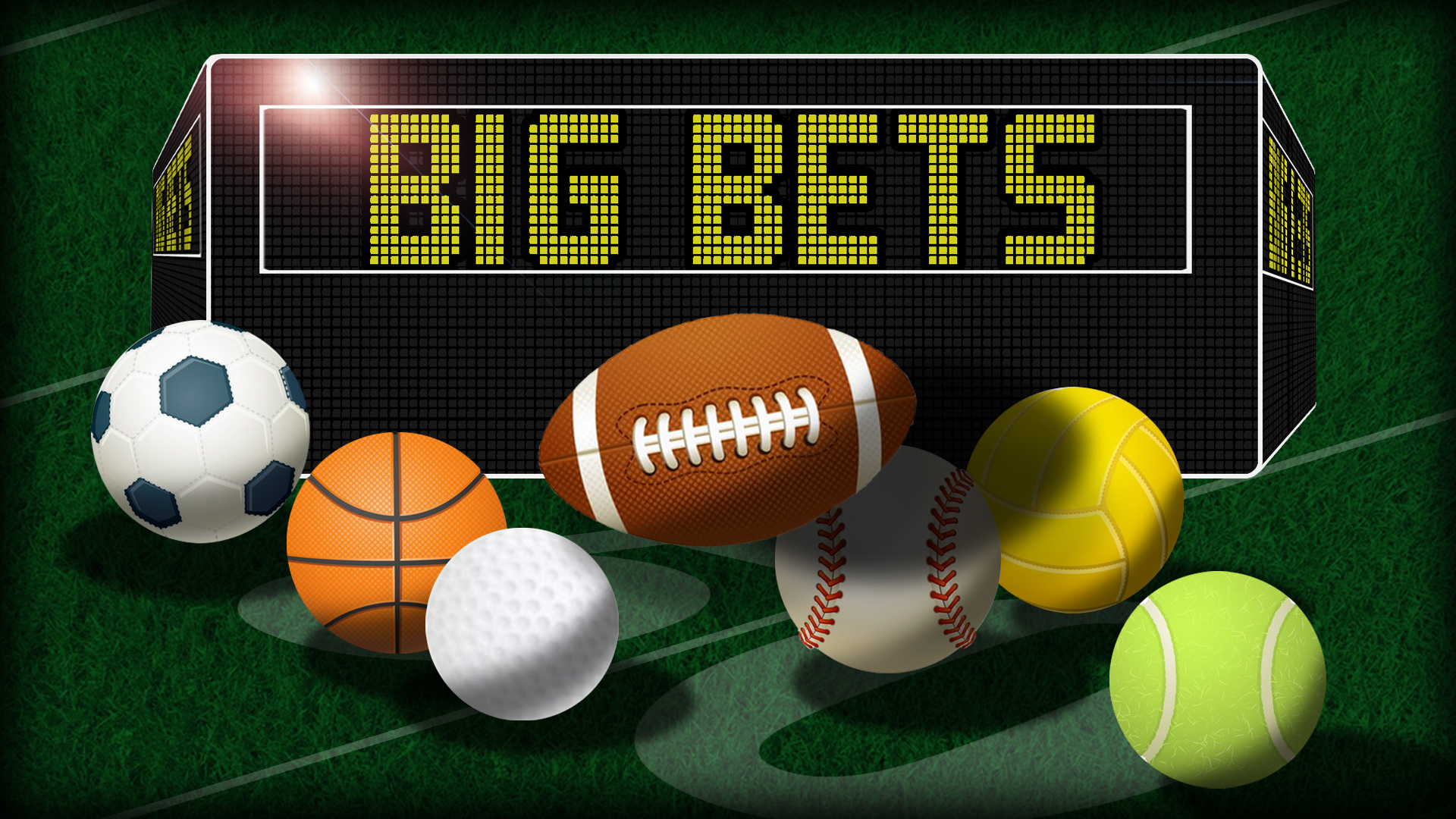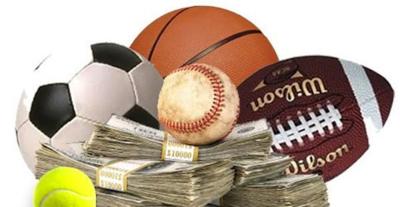“Wait, why does this NFL team have a -235 next to its name? What’s with New England Patriots (-15) vs. Miami Dolphins (+15)? Help! HEEEELPPPP!”
Sports Betting Basics The easiest way to demonstrate the math behind a sports bet is to make up an example. Let’s say you and your buddy walk into a casino, each with $200 burning a hole in your pocket. There’s a big game on tonight, the Cowboys and the Redskins, so you wander into the sportsbook to check up on the latest news about the game. Domestic sports betting was made legal in November of 2020 in nearly all parishes in Louisiana but further regulation is required before local sportsbooks open their doors LA bettors. Placing a bet on sports. Bovada allows sports betting online on their user-friendly mobile interface or in their state of the art poker and casino gaming rooms. The minimum wager online is $1 and $50 for mobile bets. What is Sports Betting? Bettors pick the result of a sports event. The potential winnings they stand to win are determined by the odds provided by the sportsbook. Want to know if betting is. What is Sports Betting? Bettors pick the result of a sports event. The potential winnings they stand to win are determined by the odds provided by the sportsbook. Want to know if betting is legal.
If that sounds like you, we’re here to assist you. If you’ve stared at a board at a sportsbook or just seen spreads and moneylines on the Internet and been utterly confused, don’t worry. It’s not just you. Those numbers can be confounding.
But hopefully, once you’re done reading this, you’ll completely understand how they work. As you prepare to dive into the world of sports betting, here’s a breakdown of how the lines work, starting with …

Spreads
It would be really easy to bet on a game if you could put money on a heavy favorite to win.
That’s where point spreads come in. Let’s look at an example:
Philadelphia Eagles (-4.5)
New York Giants (+4.5)
In this case, you can bet on either two outcomes: you can put money on the Eagles to win the game by 4.5 points OR MORE, which makes them the favorites. Or you can bet that the Giants will either win or lose by LESS THAN 4.5 points. They’re the underdogs.
Now, sometimes the spread “moves” during the days leading up to the game. Perhaps the Eagles’ spread ends up being -3.5 (in which they must win by 3.5 points or more to give you a victory in your bet). Your bet all depends on whichever spread you bet on, whether it was when the Eagles were favored by 4.5 or 3.5 points.
If you ever see “PK” or “pick” next to a team, it means there’s no spread and you can bet on who will win, no matter what the score is.
Moneylines
Let’s take that same example above but use moneylines:

Philadelphia Eagles (-200)
New York Giants (+150)
The team with a minus symbol is the favorite, and the number is how much money you would need to bet to win $100. In this case, you would have to bet $200 on the Eagles in order to win an additional $100.
The Giants are the underdogs. If they’re +150, that means you could bet $100 to win $150.
Note that you can bet any amount you want, but those numbers are always calculated and posted the same way, either in how much money you would need to wager to win $100 or how much money you could win by wagering $100.
Odds
If you’re betting on something like the team who will win the Super Bowl in the future, you might see it look like this:
New England Patriots — 3/1
Baltimore Ravens — 5/1
Kansas City Chiefs — 8/1
If you were betting on the Patriots and their 3/1 odds, you would win $3 for every $1 you spend. So if you bet $50 on the Pats and they ended up winning the Super Bowl, you’d win $150 (plus your original wager) back.
Good luck!
“Wait, why does this NFL team have a -235 next to its name? What’s with New England Patriots (-15) vs. Miami Dolphins (+15)? Help! HEEEELPPPP!”
If that sounds like you, we’re here to assist you. If you’ve stared at a board at a sportsbook or just seen spreads and moneylines on the Internet and been utterly confused, don’t worry. It’s not just you. Those numbers can be confounding.
But hopefully, once you’re done reading this, you’ll completely understand how they work. As you prepare to dive into the world of sports betting, here’s a breakdown of how the lines work, starting with …
Spreads
It would be really easy to bet on a game if you could put money on a heavy favorite to win.
That’s where point spreads come in. Let’s look at an example:
Philadelphia Eagles (-4.5)
New York Giants (+4.5)
In this case, you can bet on either two outcomes: you can put money on the Eagles to win the game by 4.5 points OR MORE, which makes them the favorites. Or you can bet that the Giants will either win or lose by LESS THAN 4.5 points. They’re the underdogs.
Now, sometimes the spread “moves” during the days leading up to the game. Perhaps the Eagles’ spread ends up being -3.5 (in which they must win by 3.5 points or more to give you a victory in your bet). Your bet all depends on whichever spread you bet on, whether it was when the Eagles were favored by 4.5 or 3.5 points.
If you ever see “PK” or “pick” next to a team, it means there’s no spread and you can bet on who will win, no matter what the score is.
Moneylines
Let’s take that same example above but use moneylines:
Philadelphia Eagles (-200)
New York Giants (+150)
Betting On Sports Odds
The team with a minus symbol is the favorite, and the number is how much money you would need to bet to win $100. In this case, you would have to bet $200 on the Eagles in order to win an additional $100.
The Giants are the underdogs. If they’re +150, that means you could bet $100 to win $150.
Note that you can bet any amount you want, but those numbers are always calculated and posted the same way, either in how much money you would need to wager to win $100 or how much money you could win by wagering $100.
Odds
If you’re betting on something like the team who will win the Super Bowl in the future, you might see it look like this:
New England Patriots — 3/1
Betting On Sports Teams

Baltimore Ravens — 5/1
Kansas City Chiefs — 8/1
If you were betting on the Patriots and their 3/1 odds, you would win $3 for every $1 you spend. So if you bet $50 on the Pats and they ended up winning the Super Bowl, you’d win $150 (plus your original wager) back.
Betting On Sports In Vegas
Good luck!